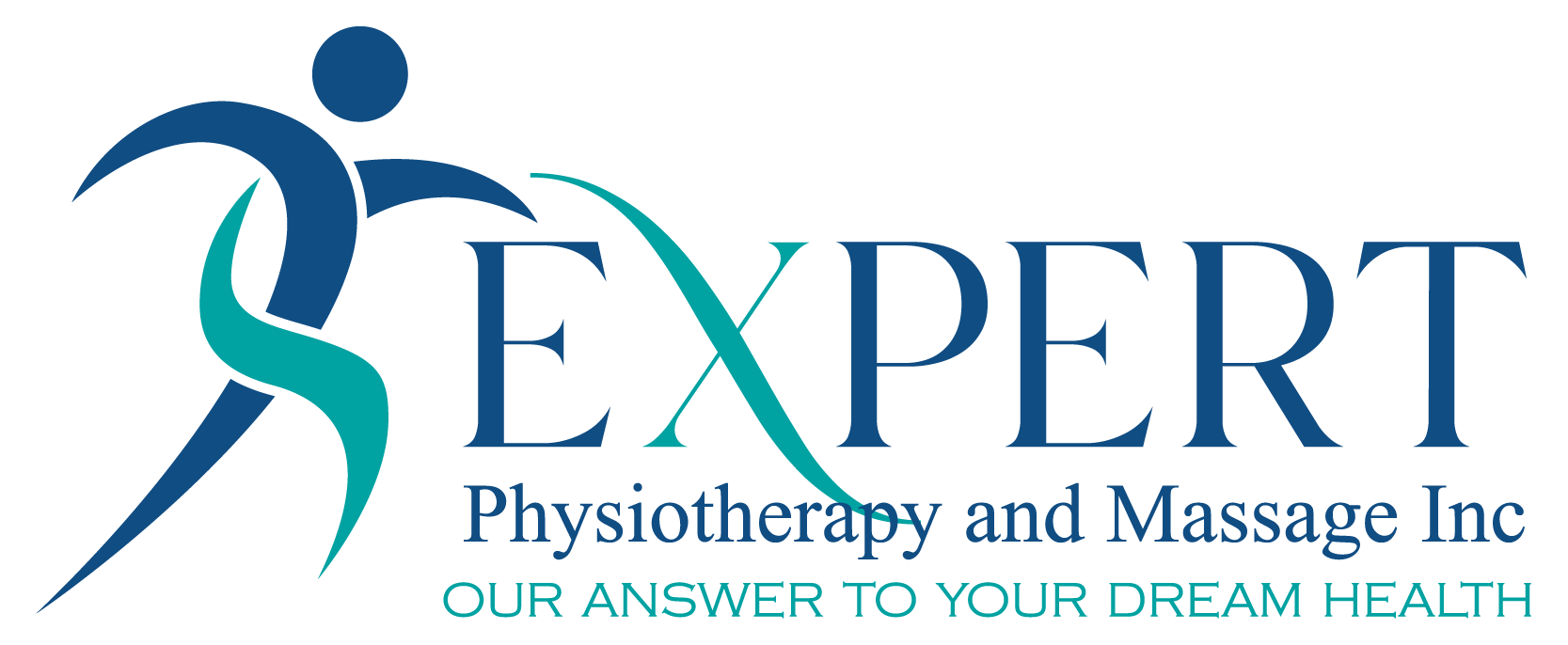Heel Pain and Physiotherapy in Calgary: Find Lasting Relief at Expert Physiotherapy and Massage Inc
Heel pain is a common complaint that can affect anyone—from athletes to busy professionals—and can significantly impact your daily life. If you’re experiencing persistent heel pain in Calgary, Expert Physiotherapy and Massage Inc is here to help you diagnose, treat, and manage your pain effectively.
What Causes Heel Pain?
Heel pain can arise from several conditions, with the most common being:
- Plantar Fasciitis: Inflammation of the thick band of tissue (plantar fascia) that connects your heel bone to your toes. This causes sharp pain, especially first thing in the morning.
- Achilles Tendinitis: Inflammation or irritation of the Achilles tendon that connects the calf muscles to the heel bone.
- Heel Spurs: Bony growths on the heel bone that can cause pain and inflammation.
- Bursitis: Inflammation of the bursae (fluid-filled sacs) around the heel.
- Stress Fractures: Small cracks in the heel bone due to overuse.
- Nerve Entrapments: Such as tarsal tunnel syndrome, causing burning or tingling sensations.
How Does Physiotherapy Help Heel Pain?
Physiotherapy offers a non-invasive, effective approach to treat heel pain by targeting the root cause and promoting healing. Here’s how we help at Expert Physiotherapy and Massage Inc:
1. Accurate Assessment and Diagnosis
Our expert therapists perform a thorough assessment of your foot, gait, posture, and movement patterns to identify the specific cause of your heel pain.
2. Pain Relief Techniques
We use manual therapy, massage, ultrasound therapy, and modalities like TENS to reduce pain and inflammation.
3. Shockwave Therapy
Shockwave therapy uses high-energy acoustic waves directed at the affected heel area. These waves stimulate your body’s natural healing processes by increasing blood flow, promoting tissue regeneration, reducing inflammation, and breaking down scar tissue or calcifications. It’s especially effective for plantar fasciitis and chronic heel pain that hasn’t responded well to other treatments. Sessions are quick, minimally uncomfortable, and require no downtime.
4. Tailored Exercise Programs
Stretching exercises, such as calf stretches and plantar fascia stretches, combined with strengthening exercises to support foot muscles and improve flexibility.
5. Gait and Posture Correction
Improving how you walk and stand to reduce abnormal stresses on your heel and prevent recurrence.
6. Orthotic Advice
We recommend appropriate footwear or custom orthotics to support your foot structure and reduce strain.
7. Education and Prevention
Teaching you how to manage symptoms, modify activities, and prevent future episodes of heel pain.
When Should You See a Physiotherapist for Heel Pain?
If your heel pain lasts more than a few days, worsens with activity, or affects your ability to walk or work, it’s time to consult a physiotherapist. Early treatment can speed recovery and reduce the risk of chronic problems.
Tips to Prevent Heel Pain
- Wear supportive, well-fitting shoes
- Avoid walking barefoot on hard surfaces
- Warm up before exercise and stretch regularly
- Maintain a healthy weight to reduce foot strain
- Gradually increase exercise intensity to avoid overuse injuries
Frequently Asked Questions (FAQ)
1. Is physiotherapy good for heel pain?
Yes, physiotherapy is highly effective for treating heel pain by addressing the underlying cause, improving mobility, and reducing pain.
2. How to get rid of heel pain quickly?
Rest, ice, stretching, wearing supportive footwear, and early physiotherapy intervention can speed up recovery.
3. Is it worth seeing a physio for plantar fasciitis?
Absolutely. A physiotherapist can create a personalized treatment plan to relieve pain and prevent recurrence.
4. What not to do with heel pain?
Avoid high-impact activities, walking barefoot on hard surfaces, and wearing unsupportive shoes.
5. What are red flags in heel pain?
Severe swelling, inability to bear weight, sudden sharp pain, fever, or numbness warrant immediate medical attention.
6. Is it better to keep walking with plantar fasciitis?
Gentle walking can help, but avoid overdoing it or walking on hard surfaces until pain subsides.
7. What foods should I avoid with plantar fasciitis?
Avoid inflammatory foods such as excessive sugar, processed foods, and excessive alcohol.
8. Is heat good for plantar fasciitis?
Heat can help relax muscles but is usually less effective than cold therapy in reducing inflammation.
9. Do compression socks help with plantar fasciitis?
Compression socks can provide support and reduce swelling but should be used along with other treatments.
10. Why do I have heel pain in only one foot?
Asymmetrical heel pain is common and may be due to uneven gait, footwear, or overuse on one side.
11. What is the best position to sleep in with plantar fasciitis?
Sleeping with a night splint or with your foot in a neutral position can help reduce morning pain.
12. Can a bulging disc cause heel pain?
Yes, nerve compression from a bulging disc in the lower back can cause radiating heel pain.
13. Can L5 S1 cause heel pain?
Yes, issues at the L5-S1 spinal level can compress nerves leading to heel pain.
14. What is bursitis of the heel?
Bursitis is inflammation of the fluid-filled sacs around the heel causing pain and swelling.
At Expert Physiotherapy and Massage Inc, we are committed to helping you overcome heel pain with expert assessment, personalized treatment, and compassionate care. Book your appointment today and step pain-free again!


